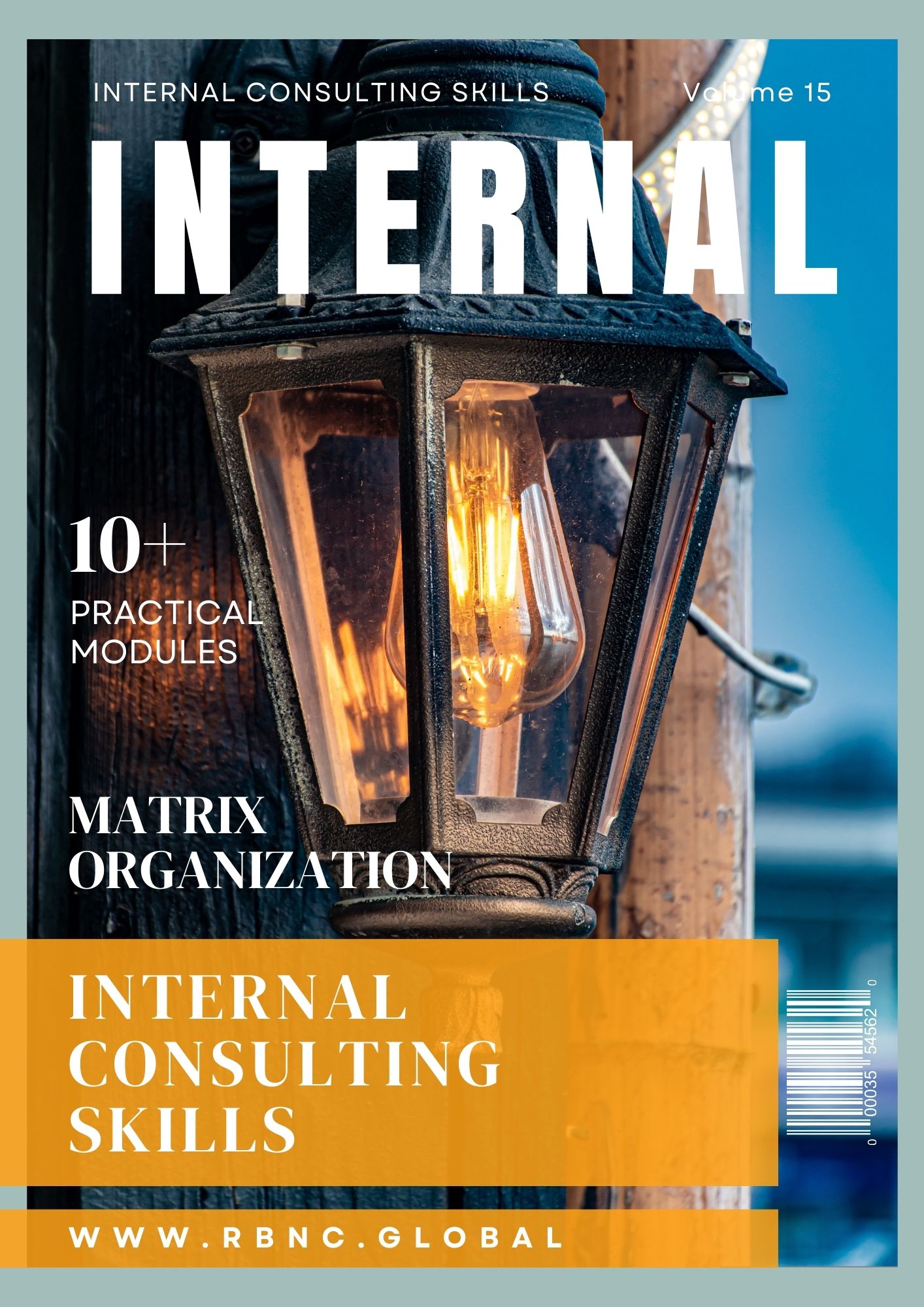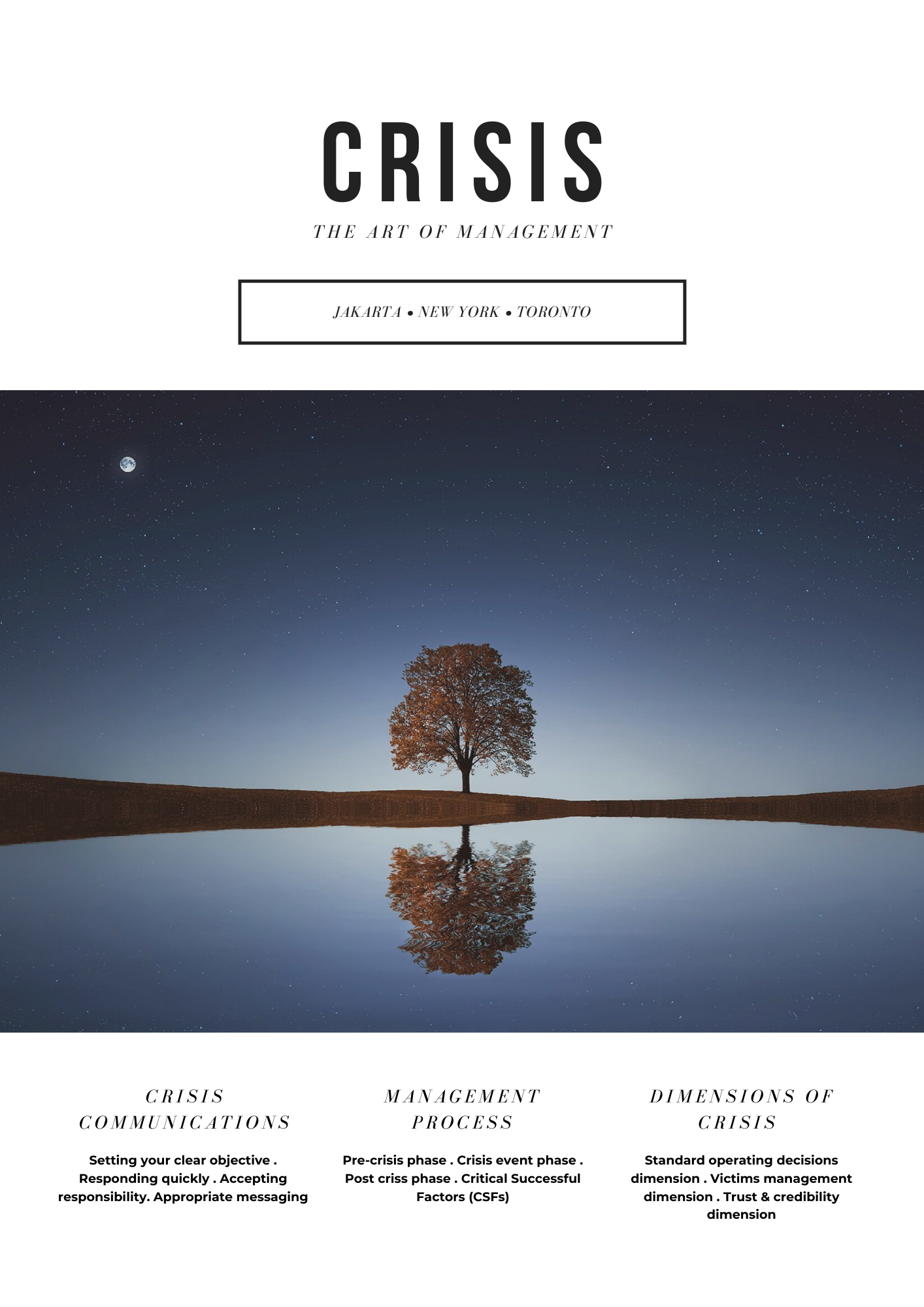Management Skills for Experienced Managers
Introduction
Finding the best people is competitive and expensive, so keeping them is vital. RBNC designed this practical workshop focuses on helping Experienced Managers to create an environment where talent is attracted, appreciated and deployed to the full potential of your team can be realized. This benefits you as the manager, your staff and your organization's bottom line.
How you will benefit
- To reinforce your practical knowledge with proven concepts and ideas
- To stimulate your thinking and build confidence in your management approach
- To keep up with the times and changes in management practice
- To share experiences and successes with your peers
- To learn some techniques for becoming an even better manager
- To improve your personal performance in work and in life
Who should attend
Experienced managers, with little formal management training, who want to improve their performance to bring out the best in themselves and their team members.
What you will cover
- The two keys to success in leadership
- Your most valuable asset
- Four reasons for setting strategy
- Five key questions for strategic planning
- The three starting points of strategic planning activities
- The driving force of strategy
- The key part of strategic planning
- Thinking about the future
- The strategy of quality leadership.
- Getting things done through others
- All work is done by teams
- Only people can be made to appreciate in value
- Deciding exactly what is to be done
- Assembling the necessary resources and selecting the right people
- The key to managerial leverage
- Establishing standards of performance
- Communicating your results to others.
- Four keys to managerial effectiveness
- Defining your key results
- Setting clear standards of performance
- Concentrating your powers
- Leveraging your effectiveness
- Delegating effectively
- Leading by example
- Your management style
- Behavioural styles
- Understanding our communication style
- Communicating effectively with others
- Channels of communication
- Giving clear directions
- Communicating the vision
- Communicating ideas/thoughts/information
- 100% Active listening
- Building rapport
- Effective feedback to enhance or resolve performance
- All work is done by teams
- The four types of team members
- The four most powerful motivators
- The results of studies of teams worldwide
- The importance of shared values and beliefs
- Developing shared plans of action
- Management by responsibility and the role of the leader
- The need for continuous evaluation and appraisal
- The importance of harmony
- The performance appraisal method.
- Creating the conditions for motivation
- The greatest breakthrough in human performance
- Three psychological principles for maximum performance
- The determinant of performance and effectiveness
- The foundation of high performance
- The two enemies of personal performance
- The key to creating a high trust environment
- Defining the vision and goals
- The compelling reasons for change.
- Stages of the change cycle
- Communicating to build trust and confidence
- Informal and channels of communication
- Active listening
- Roles & responsibilities
- Measuring and reporting progress
- Anticipating and answering the hard questions.
- Teamwork during change
- A vision for coaching
- Essential skills of a coach
- Coaching models
- Coaching and Emotional Intelligence
- Coaching teams
- Personal Values
- Goal setting
- Highest value tasks
- Balancing work and life
Schedule
HCMC
$4,500
13 & 14 Jun 2026

Other courses
Loading...








